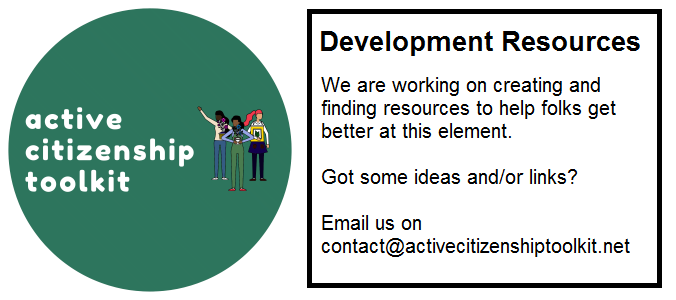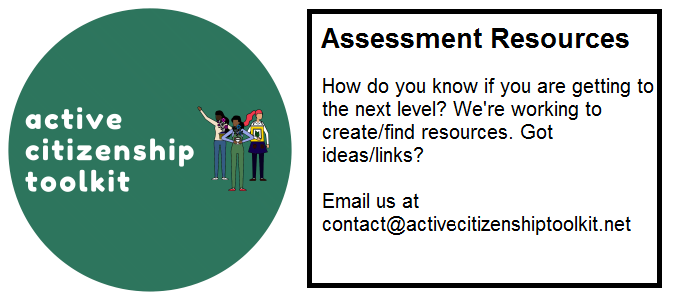Element Descriptor
There is a comforting myth that policymaking is conducted rationally, with respect for evidence, social justice and long-term consequences. Yeah, and if you believe that, I’ve a bridge in Sydney to sell you. Failing to understand policymaking realities means you are on the menu, instead of at the table
Level descriptors
| Novice | Practitioner | Expert | Ninja |
|---|---|---|---|
| You understand the basics of how policy theories explain reality – the garbage can model, the policy windows approach, advocacy coalitions. You understand Parkinson’s Law and bureaucracies in general | You can explain policy cycles and policy (lack of) learning, how drift happens, and how implementation is not achieved but nonetheless given the patina of success, while politicians move on and failures are booted upwards | You can compare policy making within and across different governments and across issues, deploying the latest theories and academic work to help active citizens see what is going on and how they might intervene. | Whitehall and Town Hall mandarins shiver and cower if you glance in their direction, feeling, well SEEN. You can explain how this mess came to be this mess, where the bodies are buried, how, and what is likely to happen next in this swamp, and why. You eat academics for breakfast, even though they have no taste. |
Element Overview Essay
This is a draft. If something doesn’t make sense, or you see typos, or if you have further ideas, please email us on contact@activecitizenshiptoolkit.net
The causes of people not knowing about this are simple – these are never really explained in any useful, meaningful way in the mass media. We will talk about bills being having their second reading and going through the House of Lords and in committee and it’s also incredibly abstract and abstruse and it’s also done as if the minister woke up one morning and thought x would be a good idea. So the policymaking process for outsiders is shrouded in mystery and confusion.
“They make the laws to chain us well” – but they do it behind firmly shut and well-guarded doors…
The consequences of this issue are that if you don’t understand how policy is made, then you’ve no chance really of intervening in its making. And let’s not even talk about implementation.
So the solutions are that you have to read some policy theories (e.g. the Policy Windows stuff of John Kingdon). You have to read some memoirs of politicians and bureaucrats, God help you. There are some good ones. And there’s some good academic literature on how policy gets made. Meanwhile, there’s the famous line ascribed wrongly to Bismarck about “laws like sausages, it does not pay too close to look too closely at how they’re made.”
At the local level, it’s even more confusing and more difficult. But again, I would come back if you were to campaign on climate change to the question of policy implementation, rather than policymaking because we’ve had various might have been okay policies on climate for a very long time. They are no longer adequate but if they’d been implemented at the time, who knows it might have bought a little more time anyway.
Development Resources

Assessment Resources

